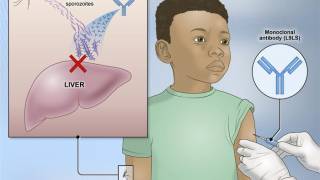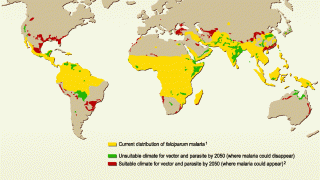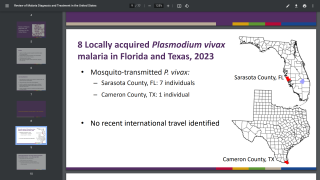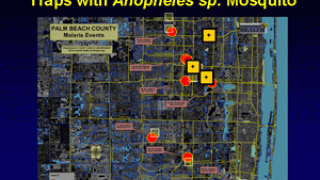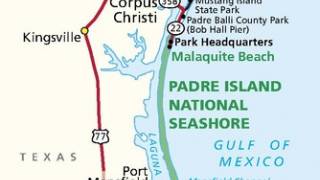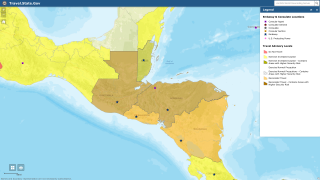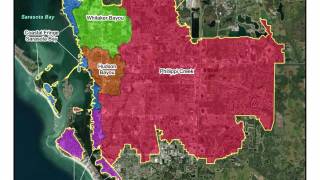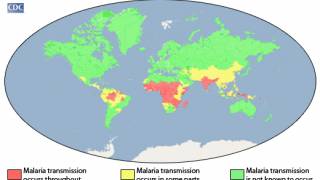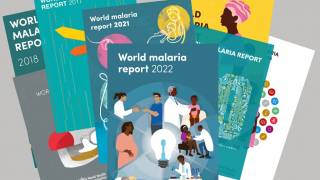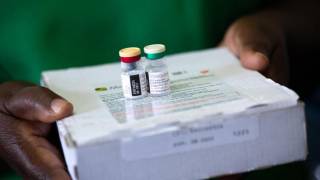Burundi’s Malaria Epidemic Reaches 50% of the Population

A Level 1 Travel Alert for the Republic of Burundi regarding an extensive malaria outbreak has been issued by the US Centers for Disease Control and Prevention (CDC).
This ‘Practice Usual Precaution’ Travel Alert published on August 23, 2019, said ‘the Burundi Ministry of Health reported nearly 6 million malaria cases out of a total population of approximately 12 million, with more than 1,800 related fatalities.’
And, travelers who develop a fever while in Burundi or after traveling to Burundi should seek medical care immediately. Without prompt diagnosis and treatment, malaria can rapidly progress to severe illness and death.
The CDC says travelers to Burundi should also take steps to prevent mosquito bites by using insect repellent and wearing protective clothing when outdoors.
Burundi is a landlocked country amid the African Great Lakes region, located where East and Central Africa converge.
Every year, about 1,700 cases of malaria are diagnosed in the United States mostly in returned travelers.
Malaria is a disease caused by a parasite that spreads to humans through the bite of an infected mosquito. Early symptoms of malaria resemble those of the flu, including fever, chills, sweats, headache, vomiting, and body aches.
Furthermore, if malaria prevention medicines will be needed for the traveler, the Malaria Information by Country Table lists the CDC-recommended options. For many destinations, there are multiple options available.
Factors to consider are the patient’s medical conditions, medications being taken, the cost of the medicines, and the potential side effects.
The CDC says the drugs used to prevent malaria are not 100 percent effective.
The resistance to chloroquine is high in Burundi, so travelers should use daily atovaquone-proguanil, daily doxycycline, or weekly mefloquine to prevent malaria, says the CDC.
Regarding additional health risks to Burundi visitors, the CDC suggested on July 8, 2019, that visitors are current with certain vaccines, such as Routine Vaccines and the measles-mumps-rubella (MMR) vaccine.
Additionally, the yellow fever virus is a risk in certain parts of Burundi, therefore, the CDC recommends a yellow fever vaccine, such as Stamaril, for travelers 9 months of age or older to these areas.
For anyone departing from the USA, pre-departure vaccination services, related travel medications, and counseling appointments can be scheduled with a local pharmacy by visiting Vax-Before-Travel.
Vaccines, like any medicine, can have side effects. You are encouraged to report vaccine side effects to the CDC.
Previously, on June 12, 2019, the US Department of State issued a Level 3 Travel Advisory for Burundi.
This Advisory said ‘medical services in Burundi fall well below U.S. standards, and there are no adequate trauma services in the country.’
‘There are ongoing political tensions in Burundi, causing sporadic violence throughout the country. Police and military checkpoints are common and can restrict freedom of movement. Police have searched the homes of private citizens as part of larger weapons searches.
In the provinces of Cibitoke and Bubanza, near the border with the Democratic Republic of Congo (DRC), as well as Mutimbuzi commune in Bujumbura Rural province, there have been armed attacks primarily conducted by groups operating from the eastern DRC.
The Burundi borders may close without notice.
The U.S. government has limited ability to provide emergency services to U.S. citizens in Burundi. The U.S. embassy personnel are subject to restrictions when traveling in certain areas of Burundi and may be subject to other constraints as security conditions warrant.
The U.S. Embassy in Burundi is located in Bujumbura, at Avenue Des Etats-Unis. The email is [email protected]
Additionally, both the Canadian and United Kingdom governments have issued similar ‘do not travel’ advisories for Burundi.
Our Trust Standards: Medical Advisory Committee

